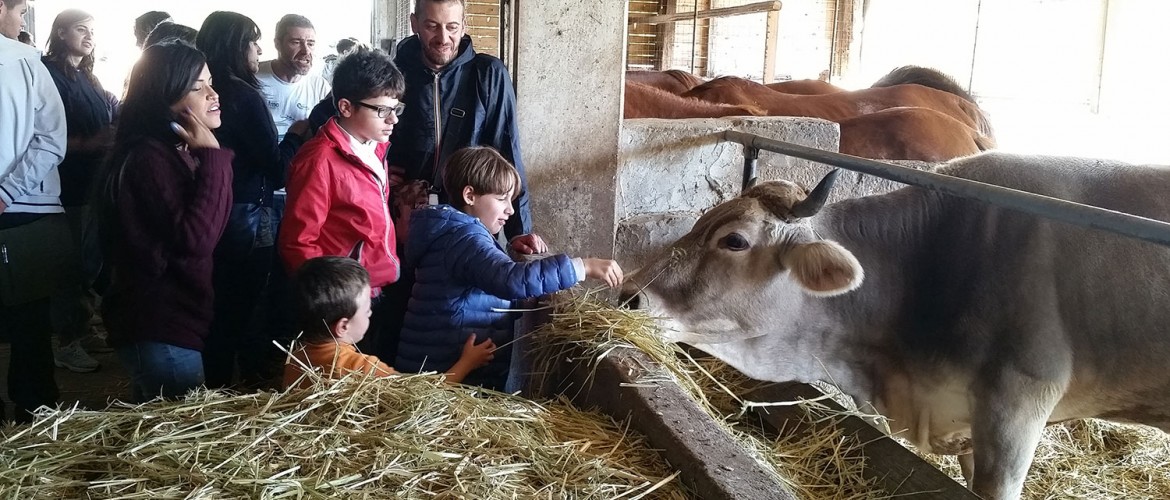Happy SunDay

Autistic spectrum disorder is one of the most serious disturbances in the evolutionary age. A complex disability of development that typically occurs during the first three years of life and continues throughout. It is the result of a neurological disorder affecting the functioning of the brain. The social and economic position of the family and the level of education have no influence on the onset of the disease. Autism affects normal brain development in areas of social interaction and communication skills.
Autistic children usually have difficulty in verbal communication, social interaction, and leisure and game activities, disturbances which make it difficult for them to communicate with others and to relate to the outside world.
The severity of autism is very variable, the most serious cases are characterized by repetitive, unusual or self-aggressive behaviour. Such behaviour can persist over time and become difficult to modify or manage giving problems to those living with autistic subjects and to those carrying out an educational and / or therapeutic program with these subjects.
For such reasons, just the word “autism” can frighten people and even have a devastating effect. For many it is a conviction which generates a sort of grudge towards society. Parents begin to look around in search of help.
The most frequent questions relate to the relationship their children will set up with others:
- Will the child be accepted at school as he/she is?
- Will the other children play with them?
- Will they integrate despite their bizarre behaviour?
- Will they be able to do some of the things other children do?
- Will they be able to do sport?
Autism becomes a way of relating and, so to speak, the emphasis is shifted to the role of the autistic child’s peers and to anyone in the various contexts of everyday life who meet / clash with this “special” child. In addition, most of these subjects are engaged throughout the week in rehabilitative and therapeutic activities and have little time to play.
On the other hand, parents are unable to find suitable facilities, activities or games that they can propose; These latter side by side with their own son/daughter find they have little room for themselves and very few moments to restore their energy.
Thanks to the “Happy SunDay” project, disadvantaged children will have the opportunity to experience playful and educational activities.
The aim of the project is to allow the children to behave differently, to experience social contexts where recreational and educational activities are carried out, aimed at improving autonomy and problem behaviours. This will provide a new opportunity for training and growth.
Goals
The goals can be summarized in the following points:
- Offering free time to the families of the disabled children
- Offering an individualized education program
- Providing a protected leisure-recreation environment
- Increasing the autistic children’s self-esteem
- Allowing the subject to leave the daily routine
Methodology.
- Activities begin in October in several Italian towns and end in June and are performed mostly on Sundays.
- Families are invited to attend a day of presentation and discussion on the project guidelines.
- Psychologists singly contact the affected families and, through a diagnostic/anamnestic interview, they identify the strengths and disadvantages of each child.
- Through a functional evaluation card, psychologists implement and individualize an educational program and share it with the reference operator.
- After the meeting phase, the outings begin: games and recreational activities are planned in swimming pools, public parks and beaches.
- All activities will be designed to create gathering moments, while sharing experiences and growing in a leisure environment.
These trips will be made once or twice a month from 9.30 am to 4.30 pm.


